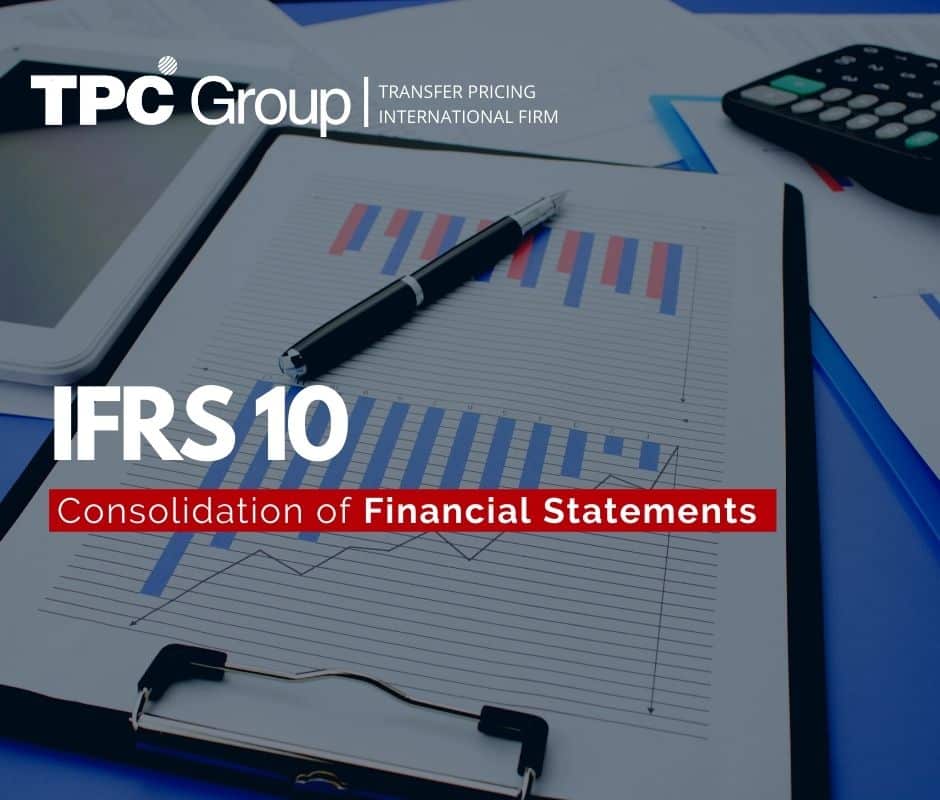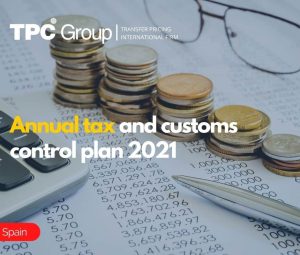The International Financial Reporting Standard No. 10 (IFRS 10) aims to establish the principles of presentation and preparation of Consolidated Financial Statements when an entity controls one or more distinct entities.
What are Consolidated Financial Statements?
Consolidated Financial Statements are financial statements that parent companies with various subsidiaries as well those of a single economic entity report the assets, liabilities, equity, income, expenses, and cash flow, according to the Financial Accounting Standards Board.
How to comply with the IFRS 10?
- An entity that controls one or more distinct entities (subsidiaries) is required to present consolidated financial statements.
- It defines the principle of control and establishes control as the basis for consolidation.
- It establishes how the control principle is applied to identify whether an investor controls an investee and therefore must consolidate that entity.
- It establishes the accounting requirements for the preparation of consolidated financial statements.
- Defines an investment entity and establishes an exception to consolidating certain subsidiaries of an investment entity.
Exceptions from consolidated financial statements reporting
A parent company need not report consolidated financial statements if it meets all of the following conditions:
- The subsidiary wholly or partially owned by another entity and all of its other owners, including non-voting stockholders, have been informed that the parent company will not present consolidated financial statements and have not objected thereto.
- Its debt or equity instruments are not traded on a public market (either a domestic or foreign stock exchange or an over-the-counter market, including local or regional markets).
- It does not file its financial statements, nor is it in the process of doing so, with a securities commission or other regulatory organization, for the purpose of issuing any type of instrument in a public market.
- Its ultimate parent, or one of the intermediate holding companies, prepares consolidated financial statements that are available for public use and comply with IFRSs, in which subsidiaries are consolidated or measured at fair value through profit or loss in accordance with this IFRS.
Principle of consolidation of financial statements
An entity will report consolidated financial statements if it has control over the investee.
The definition of Control establishes:
Control of an investee
An investor controls an investee when he is exposed to, or is entitled to, variable returns from his involvement in the investee, and has the ability to influence those returns through his power over the investee.
In this sense, an investor controls an investee if he has all of the following elements:
- Power over the investee:
- To determine whether an investor has power will depend on the relevant activities, the performance thereof, and the rights the investor and other parties have concerning the investee. Example of relevant activities:
- Sale and purchase of goods or services.
- Management of financial assets during their lifetime (including defaults).
- Selection, acquisition, or disposal of assets.
- Research and development of new products or processes.
- Determination of a financing structure or obtaining financing.
- To determine whether an investor has power will depend on the relevant activities, the performance thereof, and the rights the investor and other parties have concerning the investee. Example of relevant activities:
- Power of exposure or right to variable returns from their involvement in the investee:
- Power comes from rights. To have power over an investee, an investor must have existing rights that entitle him to direct the relevant activities. The rights that might give an investor power may differ between investees. Examples of rights that, individually or in combination, may give an investor power include but are not limited to:
-
- Rights in the form of voting rights (or potential voting rights) of an investee.
- The right to appoint, reassign or dismiss key management personnel of an investee who can direct the relevant activities.
- Right to appoint or dismiss another entity to manage the relevant activities.
- The right to direct the investee to carry out transactions for the benefit of the investor or to veto any change in such transactions.
- Other rights (such as decision-making rights specified in a management contract) that give the holder the ability to direct the relevant activities.
-
- Power comes from rights. To have power over an investee, an investor must have existing rights that entitle him to direct the relevant activities. The rights that might give an investor power may differ between investees. Examples of rights that, individually or in combination, may give an investor power include but are not limited to:
The capacity of the investor to use its power over the investee to influence the amount of the returns to the investor.
Accounting requirements
A parent company shall prepare consolidated financial statements using uniform accounting policies for transactions and other events that, although similar, have occurred in similar circumstances.
Consolidation procedures
- They combine similar items of assets, liabilities, equity, income and expenses, and cash flows of the parent company with those of its subsidiaries.
- They offset the carrying amount of the parent company’s investment in each subsidiary and the parent company’s share of the equity of each subsidiary.
- They entirely eliminate intragroup assets, liabilities, equity, income, expenses, and cash flows related to transactions between group entities (results for the period from intragroup transactions recognized in assets, such as inventories and fixed assets, are totally eliminated). Intragroup losses may indicate an impairment in value, which will require recognition in the consolidated financial statements. IAS 12 Income Taxes apply to temporary differences arising from the elimination of gains and losses on intragroup transactions.
Measurement
An entity shall include the revenues and expenses of a subsidiary in the consolidated financial statements from the date it obtains control until the date it ceases to have control over the subsidiary. The income and expenses of the subsidiary should be based on the amounts of assets and liabilities recognized in the consolidated financial statements at the date of acquisition.
Uniform accounting policies
If a group member uses accounting policies different from those in the consolidated financial statements for transactions and similar matters, the financial statements of the group members shall be appropriately adjusted in preparing the consolidated financial statements to ensure conformity with the group’s accounting policies.
Filing date
The financial statements of the parent company and its subsidiaries used for the preparation of the consolidated financial statements should be referred to the same filing date. When the end of the reporting periods of the parent and a subsidiary are different, the latter shall prepare to consolidate additional financial information at the same date as the parent’s financial statements to enable the parent to consolidate the financial information of the subsidiary, unless it is impracticable to do so.
Islava Zulema Ruiz Quiroz Bachelor of Public Accounting




